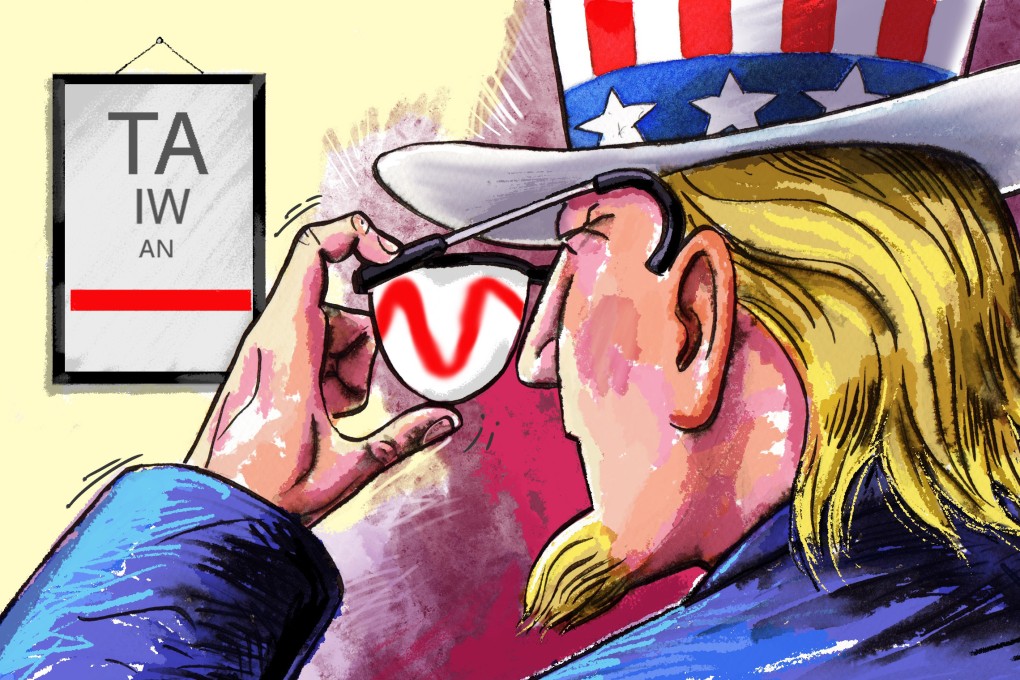Advertisement
Opinion | China’s red lines on Taiwan are clear, whatever the US says about its policy of strategic ambiguity
- Debate is raging about whether the US is shifting away from its long-standing policy on Taiwan, sparked by Biden’s apparent gaffes
- Beijing, meanwhile, will prepare itself for the worst-case scenario of a military conflict, and it won’t make the same mistakes Russia is making in Ukraine
Reading Time:4 minutes
Why you can trust SCMP
26

Will the United States come to defend Taiwan militarily in a war across the Taiwan Strait? This million-dollar question so far has two answers from the same administration – yes, according to US President Joe Biden when he was asked in Tokyo in late May; not necessarily, according to White House aides who quickly walked back his comment and said America’s “one China” policy had not changed.
This question becomes all the more interesting if one compares Biden’s attitudes towards Moscow and Beijing. Ever since the beginning of the war in Ukraine, Biden has consistently said US troops would not directly engage in this conflict.
If Biden is determined to avoid direct conflict with Russia, why is he so adamant to provoke a potential war with China? The People’s Liberation Army, the largest armed force in the world, would be no less formidable than the Russian military.
Advertisement
The PLA Navy has three aircraft carriers – compared with Russia’s one aircraft carrier that has been undergoing repairs for years – and even more ships than the US Navy. On June 17, China unveiled its third aircraft carrier, the Fujian, a locally designed carrier equipped with an electromagnetic catapult for launching aircraft.
So, if China is indeed a greater long-term threat than Russia, as the Biden administration has concluded, shouldn’t Washington try to avoid a conflict with China, especially as it would be fought in a faraway battlefield where the US has fewer allies while Beijing has all the advantages of fighting on home turf?
Advertisement
Advertisement
Select Voice
Select Speed
1.00x

